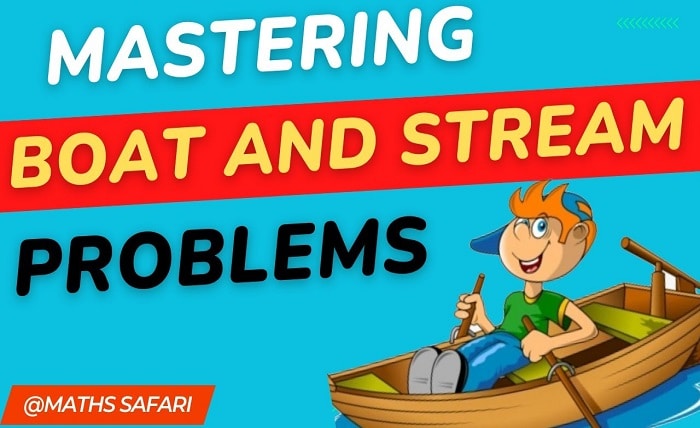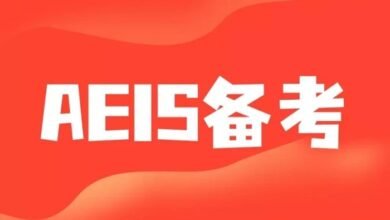Strategies for You: Mastering Boats and Streams Problems for Competitive Exams

Navigating the complexities of numeric problems in competitive exams requires strategic preparation. It also requires a proper understanding of fundamental concepts. These problems are a staple in many aptitude tests and can be challenging without the right approach. Here are some effective strategies to help tackle these questions with confidence.
Practising Different Types of Questions
Boats and streams problems can come in various forms. This includes finding the time taken to cover a certain distance downstream or upstream, calculating the speed of the boat or the stream, and more complex problems involving multiple trips or mixed speeds. Practising a wide range of problems is crucial to becoming proficient in this topic.
Utilising resources such as PDFs can provide a comprehensive set of problems to work through. Regular practice will help recognise patterns and familiarise oneself with different types of questions, making it easier to approach them during the actual exam.
Developing Problem-Solving Techniques
Effective problem-solving techniques can significantly reduce the time taken to solve such questions. One such technique is to break down complex problems into simpler parts. By isolating different components of the problem, such as separating the downstream and upstream journeys, it becomes easier to apply the relevant formulas and arrive at the solution.
Additionally, learning to estimate and check answers can save valuable time. Often, competitive exams have multiple-choice questions where quick estimation can help in eliminating incorrect options and narrowing down the possible answers.
Time Management and Practice
Time management is a vital aspect of preparing for any competitive exam. These questions can be time-consuming if not approached efficiently. Setting a timer while practising can help in managing the time spent on each question and improving speed.
Regular timed practice sessions will aid in building speed and accuracy. It is important to simulate exam conditions as closely as possible during practice to get accustomed to the pressure and time constraints of the actual exam.
Utilising Online Resources and Mock Tests
The internet offers numerous resources for preparing for competitive exams. Websites providing free PDFs can be valuable tools in the preparation arsenal. These resources often include a variety of problems along with detailed solutions. This helps you in understanding the methodology behind each solution.
Mock tests are another great way to prepare. Taking regular tests helps assess the level of preparedness and identify areas that need improvement. It also familiarises with the format of the exam, making it easier to handle the real test with confidence.
Reviewing and Analysing Mistakes
Making mistakes while learning is natural. However, it is important to review and analyse these mistakes to avoid repeating them. After each practice session, take the time to go through the solutions and understand where mistakes were made.
Analysing mistakes helps identify common pitfalls and areas of weakness. By addressing these issues, it is possible to improve accuracy and reduce the likelihood of making similar errors in the future.
Seeking Guidance and Clarification
Sometimes, self-study might not be enough to fully understand certain concepts or solve particularly challenging problems. Seeking guidance from teachers, mentors, or online forums can provide additional insights and clarification.
Online platforms and educational websites often have forums where students can ask questions from experienced educators and fellow students. Participating in these communities can enhance the learning experience and provide support during the preparation journey.
Tracking progress and celebrating little victories along the way can help maintain motivation. By understanding the basics of boats and streams questions, practising diligently, and utilising available resources effectively, it is possible to excel in such questions in competitive exams. Remember, mastering these mathematical problems for competitive exams is a gradual process, and consistent effort will lead to improvement and success.




